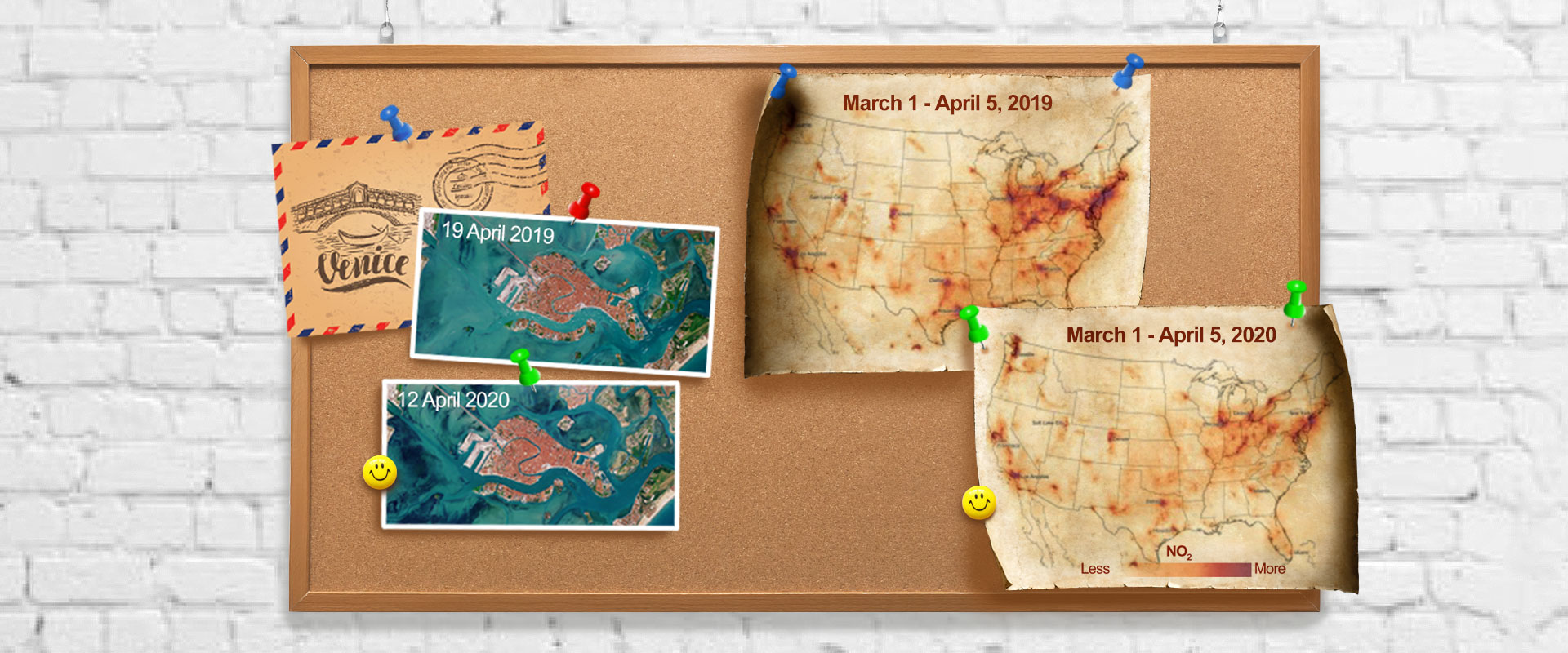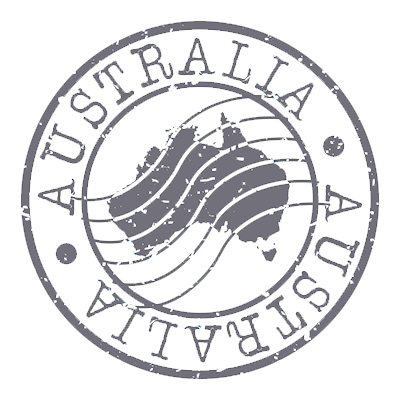25 June 2021
AUTHOR: WILL VENN
You don’t have to jump on a jet to go on an incredible journey. In fact, you can travel without leaving home.
When Melbourne endured a 111-day long lockdown last year, few, if any, would have written a travelogue about their time indoors, unlike Xavier de Maistre, a French officer who, in 1790, was imprisoned in his bedroom for 42 days.
De Maistre’s 18th century form of social distancing resulted in Voyage autour de ma chambre (A Journey Around My Room), a travel book in which the humdrum, everyday items and interior landscape of his immediate environment became suffused with a sense of adventure and fascination.
De Maistre's journey redefined the notion of travel in a way that many can now empathise with, after the COVID-19 pandemic resulted in border closures and self-isolation on a global scale.
Hitting the pause button on national and international travel has also provided a unique opportunity to consider where and why we travel – and also how that may influence our future journeys when – or even, if – we decide to dust off our passports.

Travel writer and UniSA academic Dr Ben Stubbs references de Maistre in light of the philosophical journeys many will have undertaken in their own homes, journeys that could be considered “vertical travel”.
“Vertical travel is a way of looking more closely at your environment,” Dr Stubbs says. “The pandemic gave everyone the opportunity to focus on the particulars of where they are –their own immediate surroundings.
“Whether it’s botany, history, archaeology, architecture or cuisine, it allows us to pay attention to the details in our home.
“All of us have endured some form of lockdown over the past year and so all of a sudden our gardens have a different fascination for us; the prospect of thinking about what we are going to cook on the weekend takes on a different significance, the notion of memory and remembrance is also something that’s different too, as we look through photo albums of previous places we have been to.”
It sounds like a form of therapy – a consideration of what is essential in our lives and being less complacent about what we have.
“This notion of rethinking space and valuing the mundane as an ethical and creative choice acts as a counter to the assumed importance of distance,” Dr Stubbs says.
“When we think of all the effort we go to when we take our families to Italy or to relocate to Argentina, the question is, what is it that we are looking for in terms of that experience, that engagement and the travel?
“It can be about the people, the connection, the little things that, yes, we can find by travelling 15,000 kilometres away, but there’s also a good chance we can find it in our own street, in our house.”
Or in your own garden. Digging into the soil of his backyard, Dr Stubbs discovered shards of old bricks, which led to the further discovery that a brick factory was once situated on the corner of his street. Paying attention to that detail literally unearthed a journey into the past, which he explored in his book, The Crow Eaters.
“There’s a richness to looking closely at things, living in the moment that there possibly hasn’t been so much of previously,” Dr Stubbs say.
“This time has provided us the chance to reconsider, slow down and think about what we are doing and why we are doing it.
“Travel is certainly not all about capturing that Instagram picture perfect post of Machu Picchu.”
The analogy is timely; the first year of the pandemic also marked the 10th anniversary of Instagram – and a preceding decade-long rise of social media inspired tourism, influencers, and the “Instagram effect”.
That effect has seen a huge increase in visitor numbers to previously “hidden gem” tourist drawcards, such as Trolltunga, a clifftop in Norway which hangs over the Ringedalsvatnet lake, where visitor numbers between 2008 and 2016 rose from 800 to 80,000 per year.

The impact of that growth raises questions about sustainability and socially responsible tourism; something which UniSA senior lecturer in Tourism Management Dr Freya Higgins-Desbiolles, is passionate about.
At the outset of the pandemic, she highlighted the opportunities that the pause in mass global travel could bring, describing the closure of international borders as “a challenge to rethink the types of consumption that underpin the unsustainable ways of the travel and tourism industries”.
Central to this is the detrimental impact that mass tourism can have on local communities both ecologically in its wake, and economically in its absence, particularly in areas dependent on income generated by holidaymakers.
The image of crystal clear Venetian canals and city skylines devoid of contrails demonstrates obvious ecological benefits arising as a consequence of border lockdowns and social isolation, but with the World Tourism Organisation considering a loss in export revenues from tourism amounting to a potential $1 trillion, how can the balance between strong economies and protected ecology be achieved?

Nitrogen dioxide levels in the USA (images on right) before and during lockdown. The top image is from 2019 and the bottom from 2020. Credit: (NASA 2020b)
Dr Higgins-Desbiolles considers the examples of the Seychelles and Bali; island destinations whose economies are heavily reliant on international tourism, and which have been hugely affected by the pandemic.
“Any country or community that allows itself to overdevelop tourism at the expense of other sectors of the economy is super vulnerable. I think places will be learning that lesson from this particular experience,” Dr Higgins-Desbiolles says.
“This time, though, has provided a moment to reflect on the negative impact we are having on our environment. We can also reflect on what choosing a tourism focused economy does to your ability to protect your environment; when you commodify your nature and package and sell it, you are sacrificing some elements of it, unless you have vigorous regulations in place.”
Bali’s response to COVID-19, at a grassroots level, begins to act out a theory of “social tourism” as proposed by Dr Higgins-Desbiolles; one where tourism becomes subservient to local communities and where local advocacy helps promote that message.
“Tourism usually contributes 80 per cent to the Balinese economy but, in its absence, there has been a reversion to more nature-based industries; seaweed farming has been revived in popular hotspots and local communities have used their time to clean up Bali’s waterways, which had become rivers of pollution on an island where tourists generate 3.5 times more waste than locals.”
Similarly, in places such as Florida, where the absence of cruise ships has seen improved levels of water turbidity (a measure of transparency), communities are advocating for change.
In Florida Keys, residents have spoken of an “environmental reset”, highlighting a stretch of a marine sanctuary, peaceful in 2020, but where in 2019, more than 400 cruise ships docked.
“We need democratic conversations and need to bring community into conversations about choices that we are making – COVID-19 allows for that. All of us have had opinions about whether our public health approaches work and the public has been brought along with the decisions being made for public health purposes,” Dr Higgins-Desbiolles says.
“I would love to see that process go into decisions about the conservation of national parks, access to recreation and facilities and choices being made about tourism. This is needed for the protection of biodiversity and the creation of ecological no-go zones.”
Once Australia’s borders reopen and the international travel ban is lifted, will some of the more positive and responsible approaches being advocated around travel be lost in that “business as usual” moment?
“There’s every chance people will rush back out to travel,” Dr Higgins-Desbiolles says. “People who are pro-industry can say ‘its’s a business, it’s an industry, we need to get back to where we were’, but I’m trying to give a statement on how tourism could be better.”
She says education and advocacy is needed to lead that transformation. And although the world’s population is growing and along with consumption, “conservation really does need to be prioritised”.
With a potential two-year window until the bulk of long-haul travel from Australia recommences, Dr Higgins-Desbiolles says people will have had the time to “realise the value of travelling locally and the solidarity of supporting local businesses”.

Philosopher Blaise Pascal wrote that all of humanity’s problems “stem from man’s inability to sit quietly in a room alone”.
When borders finally open, rather than ticking off bucket list destinations yet to be seen, perhaps it will be worth reviewing what we have learnt from being in our rooms – about ourselves and our community, in the absence of long-haul travel.
After all, it’s not the destination that counts, it’s the journey.
Taking back control: Travelling positively and responsibly
By Dr Ben Stubbs
- Take a closer look at the items around your house. If you have things from previous travels, take the time to reflect on the item’s journey, write its story, or look through the photos of that period.
- Stroll through your garden. Take a closer look at all the plants, the soil and the trees. Look closer again.
- Look out your window. Just as many have in Wuhan, Barcelona and Rome, conversations with new encounters, impromptu music performances and shared meals and experiences (even over a fence or across a road) are much of what we search for in conventional travel.

By Dr Freya Higgins-Desbiolles
- Think about your total ecological footprint and consider how you can reduce this in relation to your travel choices – travel modes, length of stay, consumer choices.
- Think about how your travel choices can do some good for the people and places you visit. For example, giving back through volunteering, supporting local social enterprises, looking for citizen science experiences.
- Ensure your spending benefits the local community by buying local, supporting locally owned businesses and ensuring these businesses support the local supply chain and use fair practices.
- Educate yourself about the people and places you are visiting as a tourist and work to socialise with them respectfully and positively – learn the local language, respect local hangouts (like local surf breaks with their local surf cultures) and try not to add to congestion and problems at over-touristed sites, particularly at peak times.
- Have fun, be flexible, share your holiday happiness with the people you are visiting.
You can republish this article for free, online or in print, under a Creative Commons licence, provided you follow our guidelines.


